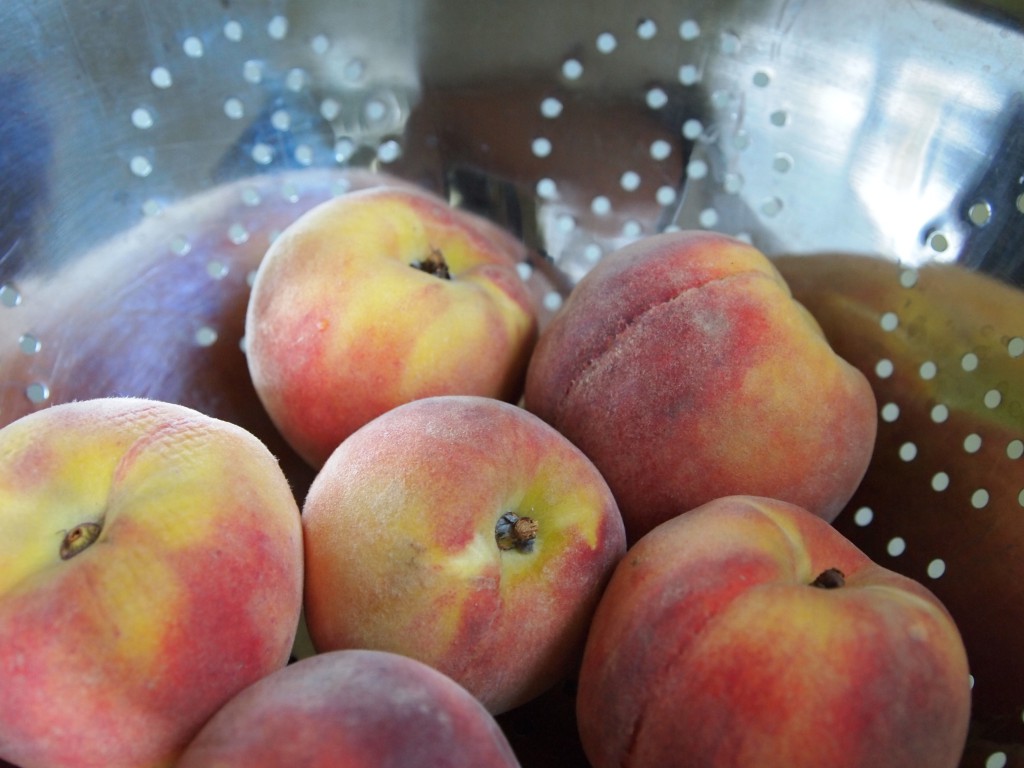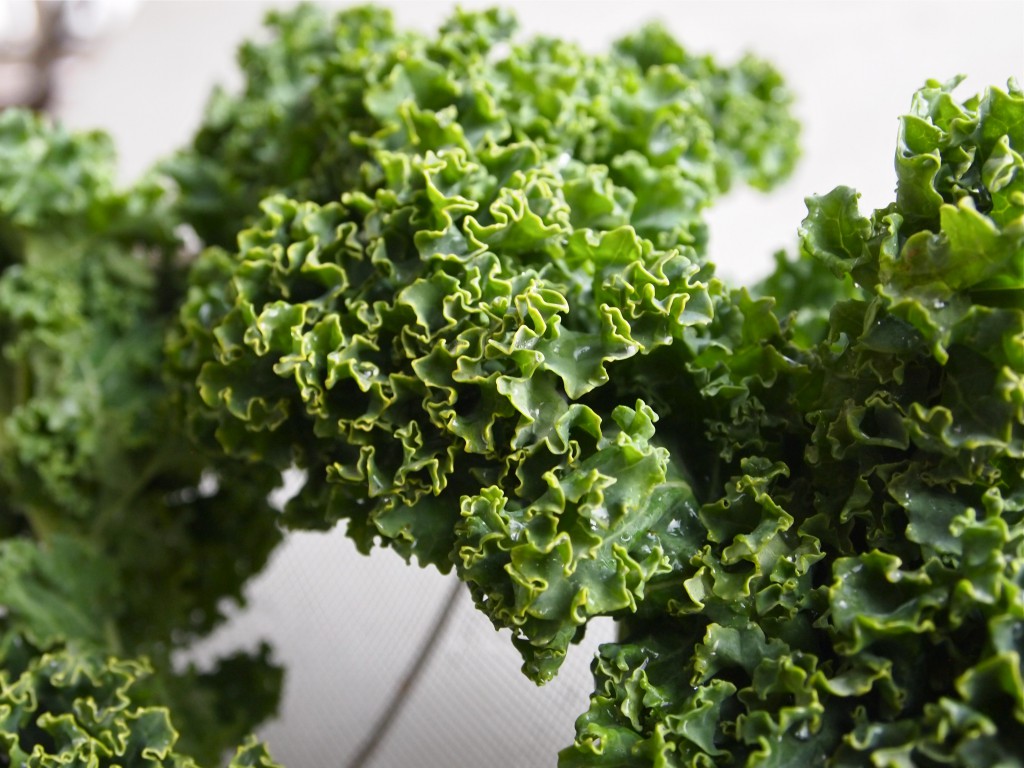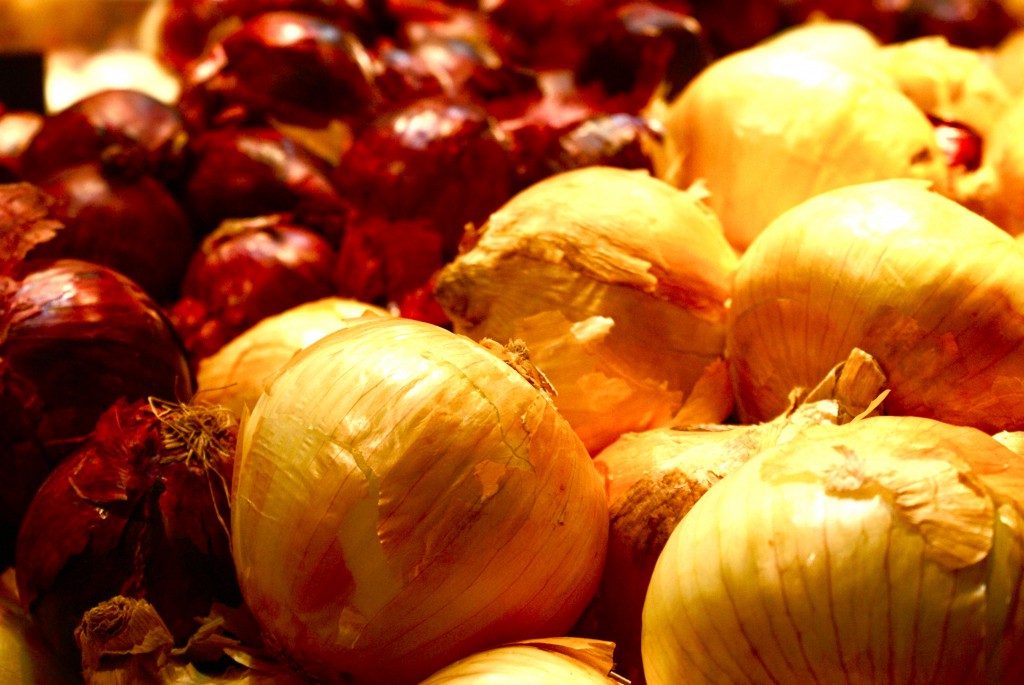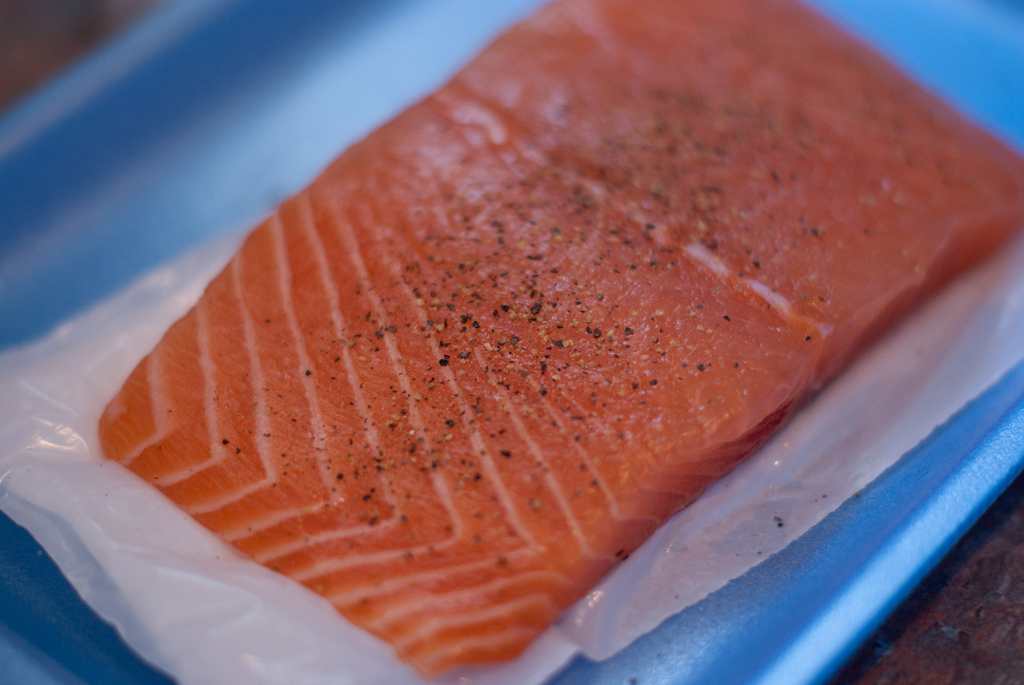Walking into a grocery store and having to choose between organic and non-organic for every item on your shopping list can be a huge pain for both your mind and your wallet. How is one to know if it’s worth the extra $1.50 for the organic eggs, or whether you should just hurry up and settle for the cheaper, conventional bananas already? To make your next trip to the grocery store a bit easier, here’s a basic rundown of how to get the most bang for your buck when buying organic.
Go Organic
Generally, produce seems like a category of food that you’d always want to buy organic, because no potentially harmful pesticides are used to grow the crops. But before you go purchasing every organic fruit and veggie, take a look at this list compiled by the Environmental Working Group of the produce that’s most worthy of the extra splurge. Potatoes are an additional item found on this “Dirty Dozen” list, which details the produce items found to be most contaminated by pesticides and other toxins.
Fruits:
-Apples
-Peaches
-Strawberries
-Nectarines
-Grapes
-Blueberries

Photo by Kendra Valkema.
Vegetables:
-Celery
-Sweet bell peppers
-Spinach
-Lettuce
-Cucumbers
-Green beans
-Kale

Photo by Kendra Valkema.
Stick to Conventional:
Other fruits and vegetables have extremely low levels of pesticides, often due to a thick outer skin. Buying the conventionally grown option will spare you some dollars on your grocery bill without having to compromise on health.
Fruits:
-Pineapples
-Mangoes
-Kiwi
-Grapefruit
-Watermelon
-Cantaloupe
-Avocados
Vegetables:
-Sweet corn
-Cabbage
-Asparagus
-Eggplant
-Sweet peas

Photo by Aurelie Corinthios.
Onions, sweet potatoes and mushrooms are also good conventional options.
Outside the realm of produce, packaged and processed goods with the organic label are not worth the extra cash over their non-organic alternatives.
Consider the Options
When it comes to dairy products, eggs and meat, the USDA organic label means that the animals from which the product came were not given growth hormones or antibiotics. A 2010 study published in the American Journal of Clinical Nutrition examined 50 years worth of studies on organic and conventional foods and found no evidence for a nutritional difference between the two. However, organic farms aim to use environmentally friendly practices, so buying organic can be seen as an investment in sustainable agriculture. Also, some people argue that it just tastes better. Buying organic meat, dairy products and eggs on a regular basis can be financially taxing, so consider where your grocery dollars are best spent before deciding on conventional or organic.
Wait and “Sea”

Photo by Flickr user gkdavie.
No seafood, whether caught in the wild or farm-raised, qualifies for the USDA organic seal yet because the organization is still working on setting the standards for what qualifies as organic seafood. In the meantime, you can consult the Seafood Watch program’s list, which details the most sustainable seafood options, to make the most environmentally friendly choice.

